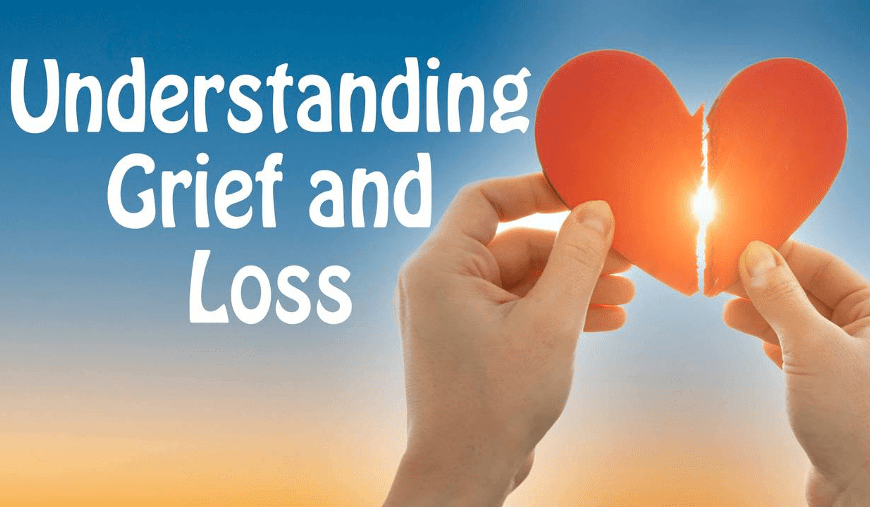Watching a child lose something they love—a favorite toy, a beloved pet, or even a friend who moves away—can leave a tiny shadow across their face. It’s a heartbreak we often overlook, assuming children “bounce back.” But grief, even in the smallest hearts, runs deep.
Children experience grief just like adults, only in ways we might miss. Their sadness can appear as anger, silence, clinginess, or sudden bursts of laughter that disappear as quickly as they arrive.
At the Susan Gitau Counselling Foundation, we have supported countless children through these unspoken storms. From the loss of a loved one to changes in the family, missed milestones, or the simple ache of feeling left behind, grief in children takes many forms.
What Grief Looks Like in a Child’s World
Children often lack the words to describe sorrow, so it shows through their behavior. You may notice:
- Bed-wetting or regression in habits
- Withdrawal from friends
- Sudden clinginess or separation anxiety
- Strong reactions to seemingly small events
Grief doesn’t follow a straight path. It comes in waves—sometimes gentle, sometimes overwhelming. One day, a child may smile; the next, they may ask endless questions, like, “When will they come back?”
Loss is not a single moment—it grows as children do. As they understand more of the world, they revisit their grief, uncovering new layers of meaning in what they’ve lost.
The Stages of Grief in Children
You may have heard of the five stages of grief: denial, anger, bargaining, sadness, and acceptance. For children, these stages rarely appear neatly in order. They often move back and forth as they try to make sense of their feelings:
- Denial: “She’s just sleeping.”
- Anger: “Why did he leave me?” Frustration often masks confusion.
- Bargaining: “If I’m good, maybe things will go back to normal.”
- Sadness: Quiet moments, tears at bedtime, or expressions in drawings.
- Acceptance: Learning to live with love and memory side by side, without forgetting.
These emotions are a natural part of healing. They may be messy and unpredictable—but they are necessary.
How You Can Support a Grieving Child
Even the strongest parents can feel helpless when a child grieves. The truth is, children don’t need perfect answers—they need a steady, loving presence. Here’s how to help:
- Be honest and gentle. Use simple, truthful words. “He died” is kinder than “He went to sleep,” which can create fear or confusion.
- Listen without rushing. Let your child talk, draw, play, or cry—whatever helps them express their feelings.
- Maintain routines. Familiar schedules provide safety when the world feels uncertain.
- Model healthy emotions. When you show sadness, children learn that feelings are natural and okay to express.
- Seek professional help if needed. Some losses require more support than love alone can provide. That’s where we come in.
At the Susan Gitau Counselling Foundation, our counselors help children express what words cannot. We guide them toward peace, one small, brave step at a time.
Reach out today if your child is struggling to cope with loss. Healing begins with a simple conversation.
Partial Thought
Children may not always say, “I’m grieving,” but you’ll notice it in their drawings, in their silence, or in the way they cling a little longer than usual.
Grief changes a child—but with love, patience, and support, it can also help them grow into empathetic, resilient individuals.
At Susan Gitau Counselling Foundation, we believe every little heart deserves the chance to heal fully—not just to “move on,” but to grow through their experiences.
If you know a child who could use a listening ear, we’re here to help. Visit www.susangitaucounsellingfoundation.org or contact us directly.
Because healing always begins with a hand that reaches out.
Read Also:
Top Challenge Impacting Youth in 2024: Navigating Mental Health
June 24, 2024Hope After the Storm: How to Rebuild Your Life After Trauma
November 10, 2025The Hidden Weight of Trauma: Why Professional Counseling Matters – by Shelmith Wanjiru
September 24, 2025The Power of Mindfulness for Stress and Anxiety
November 10, 2025- Healing in Community: The Power of Support Groups - November 12, 2025
- Hope After the Storm: How to Rebuild Your Life After Trauma - November 10, 2025
- The Power of Mindfulness for Stress and Anxiety - November 10, 2025
















